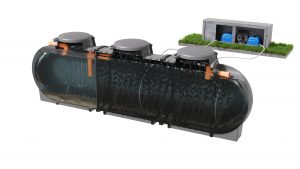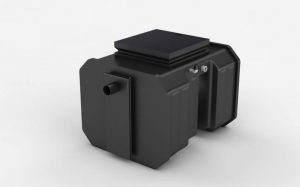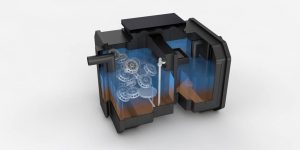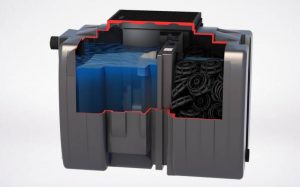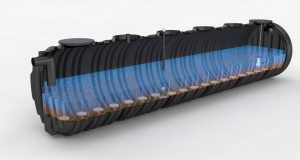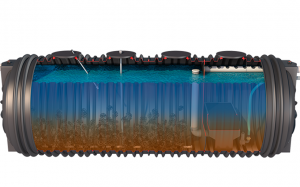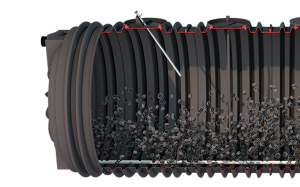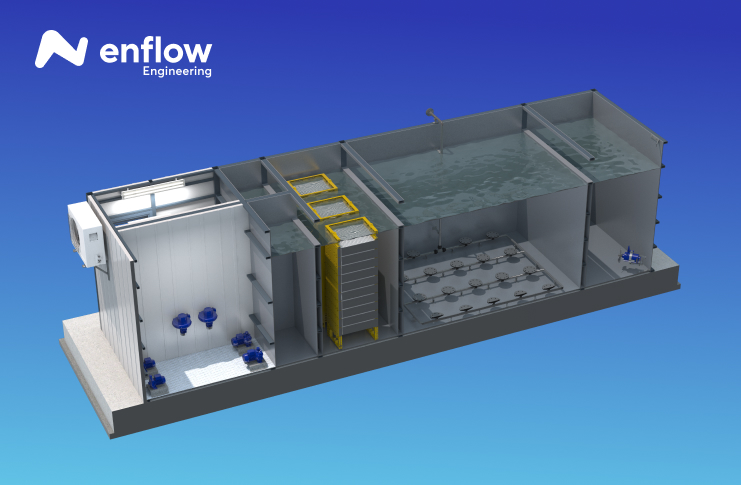![enflow-wwtp-sbr [S] enflow-wwtp-sbr [S]](https://enflow.gr/wp-content/uploads/2020/04/enflow-wwtp-sbr-S.jpg)
Name:
Compact biological cleaning
Wastewater treatment plant
General category:
Wastewater treatment
Applications:
Hotels
Rooms to let
Camping
Summer camps
Houses
Schools
Hospitals
Camps
Industries
Construction material:
Polyethylene
In situ installation
Containerised
Certifications:
EN 12566-3
Downloads:
Υ.Α. Ειβ 221/1965 (ΦΕΚ 138/Β/24-2-65)
Manufacturers:


Compact biological cleaning
Wastewater treatment plant
General category:
Wastewater treatment
Applications:
Hotels
Rooms to let
Camping
Summer camps
Houses
Schools
Hospitals
Camps
Industries
Construction material:
Polyethylene
In situ installation
Containerised
Certifications:
EN 12566-3
Downloads:
Υ.Α. Ειβ 221/1965 (ΦΕΚ 138/Β/24-2-65)
Manufacturers:
WASTEWATER TREATMENT PLANTS
Biological cleaning is the most common municipal and industrial wastewater treatment system both for its proven effect and for its flexibility to adapt to the multitude of different types of waste. The purpose of wastewater treatment is to return used water to nature (or to the production cycle) with acceptable physical characteristics that are compatible with the desired uses, in order to protect public health and the natural ecosystems.
The biological degradation of organic wastewater is based on the development of biological mass (microorganisms) which metabolizes carbon, nitrogen and phosphorus of waste, assisted by oxygen (aeration) and mechanical action (agitation), excreting clean water.
Depending on the type and stages of treatment, the treated wastewater can be safely disposed of to a natural recipient, for irrigation or reuse. The benefits of a biological treatment are significant for the industry, the entrepreneur, the individual and of course for the environment.
Our team of engineers has specialized know-how in the field of biological treatment and management of both municipal and industrial waste. We have a wide range of prefabricated compact systems, even systems of quite large capacity, designed to meet any need, making installation immediate and easy. The solutions we offer are specialized on a case by case basis and the most efficient and economical type of processing is selected. Enflow having experience with all tested types of treatment, offers in addition to the classic sedimentation ventilation systems, systems that apply the methods SBR, MBBR and MBR.
Discontinuous operation systems (SBR) are particularly attractive in many applications, due to their simplicity and ability to respond very well to large fluctuations in flow and pollutant loads. These systems apply the conventional activated sludge method with the difference that no settling tank is required, as the separation occurs in the same tank, interrupting the ventilation operation at regular intervals. In addition to the relative simplicity and automatic operation of SBR systems, other advantages are the high degree of organic charge removal (BOD5), the small required area and the ability to remove nitrogen and phosphorus.
The method of discontinuous operation finds application in the treatment of urban wastewater, especially in cases of small settlements. It is also applied in small to medium industries as it offers the advantage of significantly lower tank volume requirements.
The method of discontinuous operation finds application in the treatment of urban wastewater, especially in cases of small settlements. It is also applied in small to medium industries as it offers the advantage of significantly lower tank volume requirements.
The MBBR (Moving Bed BioReactor) treatment method is a proven and effective technology for biological wastewater treatment. MBBR systems combine the conventional activated sludge method with the use of a large surface filler where biomass is grown. The biological treatment takes place both in the suspended mixed liquid, but mainly in the biofilm that develops in the special material with which the bioreactor is filled. This method achieves an increased concentration of MLSS activated sludge resulting in more intensive treatment and higher quality effluents.
This solution is proposed for heavy waste or for high effluent requirements (subsoil disposal, irrigation etc.) with an economically competitive advantage.
The compact MBBR units are delivered ready for installation and commissioning. All equipment is pre-installed in a single tank system.
This solution is proposed for heavy waste or for high effluent requirements (subsoil disposal, irrigation etc.) with an economically competitive advantage.
The compact MBBR units are delivered ready for installation and commissioning. All equipment is pre-installed in a single tank system.
Ultrafiltration membrane separation systems (MBR-Membrane Bio Reactor) are a combination of the classic and widely used activated sludge method and membrane ultrafiltration. The innovative feature of the method lies in the use of special new technology membranes which are immersed in the mixed liquid (biomass - processed). The treated ones pass through the membranes and are removed, while the biomass is retained and remains in the treatment system. Therefore the final settling tanks of the activated sludge system are replaced by membrane refining units (MF or UF type). The high concentration of biomass in the biological reactor results in the complete decomposition of organic matter (small amount of excess sludge) and nitrification within a very few hours.
Today there are several technologies and MBR systems which are constantly gaining ground compared to conventional systems and are used in many applications. The main advantage of these systems is the high quality effluent (efficiency in the removal of organic load expressed in BOD5> 95%). In addition, they harmonize perfectly with the environment of the area and cause the least possible nuisance (they do not present odours, as they operate in a closed circuit). MBR systems can cope with the large seasonal fluctuations of tourist areas, by providing the appropriate balancing tank upstream of the membrane system. The units require a smaller installation area, due to the high concentration of biomass, and can be installed indoors.
Today there are several technologies and MBR systems which are constantly gaining ground compared to conventional systems and are used in many applications. The main advantage of these systems is the high quality effluent (efficiency in the removal of organic load expressed in BOD5> 95%). In addition, they harmonize perfectly with the environment of the area and cause the least possible nuisance (they do not present odours, as they operate in a closed circuit). MBR systems can cope with the large seasonal fluctuations of tourist areas, by providing the appropriate balancing tank upstream of the membrane system. The units require a smaller installation area, due to the high concentration of biomass, and can be installed indoors.
Compact Wastewater Treatment
Membrane Bioreactor (MBR) Packaged Plant by enflow
Membrane Bioreactor (MBR) Packaged Plant by enflow
Our comprehensive solution, ready for installation with pre-installed electromechanical parts and membranes inside a container.
Learn more 